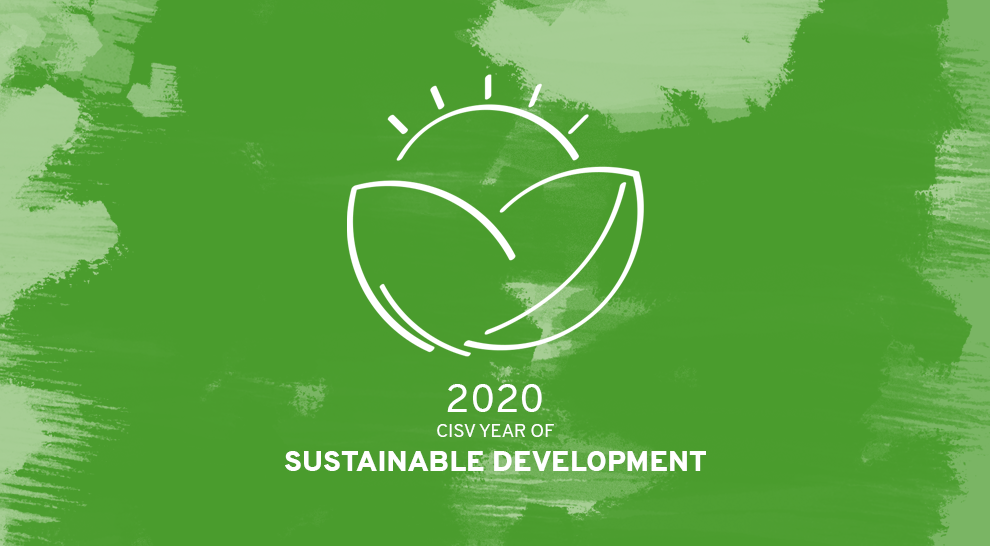Stand Up – Ready-made Activities for your JB and Chapter
January 25, 2019
Introducing Conflict and Resolution
February 14, 2019By Bertil Hron, Educational Programmes Manager
In 2019, our CISV International blog will be focusing on Conflict and Resolution, one of our four peace education content areas. This topic helps us to understand how conflicts can arise and what can be done to help bring about peaceful resolution. It sounds simple, but how easy is it really? What if we think of it as something we will practice actively when we find ourselves in a conflict, not just as a topic that we will speak with others about? Then it may not be so easy.
Being a CISVer means more than just being a member of this great organization; it means that you try to live CISV’s values in your daily life, working toward a more just and peaceful world. So how can you – as one person – actively help to defuse or resolve a conflict? What if you did not start it? What if it is mainly other individuals in your group and you are just quietly observing? What if it started because other people misunderstood you, or if you accidentally started it and find yourself in the middle of the conflict? In each case, there is probably something you can do to help. You might not be able to fix things all by yourself, but you can probably contribute something positive, though it may not be easy. But if it were easy to solve conflicts, there probably wouldn’t be a need for organizations like CISV.
Being a CISVer does not mean that we are automatically good at resolving conflicts (though this would be very convenient); but it does mean that we actively try and recognize when we have played a part in the conflict, even when we did not start it. Recently, someone who works with an international educational programme for adults told me that they tell participants at the start of the programme that at some point in the first week or two every one of them would probably manage to accidentally offend someone else. In a setting with so many different nationalities and different cultures, sometimes it just happens. Being aware of this reality and that you may unknowingly cause offence can help you choose how to react and think before escalating emotions right away. What I liked about that message is that it makes us aware that we all – accidentally or otherwise – may contribute to or start a conflict; and this awareness helps us to move towards finding a way to resolve it.
This year, to help us engage with Conflict and Resolution, the Annual Content Area Working Group – Adriana (BRA), Polad (IND), Tita (BRA), Damien (SGP), Caro (ECU), Gonzi (MEX), Lania (BEL), Isabel (GER), Rafa (ESA), Michael (CHN), David (COL), Agustin (ESP), Luca (ITA), and Melissa (IO) – have take on the task of creating various resources and materials focusing on Conflict and Resolution. Throughout the year, they will be sharing and posting their contributions in this blog. Watch this space!




2 Comments
Look forward to delving further with this initiative. Conflict and Resolution is indeed an important topic, that will touch to the very core of relationship built by all of us. Again, look forward to that.
Cheers,
Marizca Tambunan – Indonesia
Thank you very much for this great initiative. As France NRM I’ll be pleased to discover all your material focusing on conflict resolution at first for myself and of course to share it as much as possible with all our Na members and delegates.
All the best to the team, I’m looking forward to hearing from you soon.
Marie-Christine Ravier